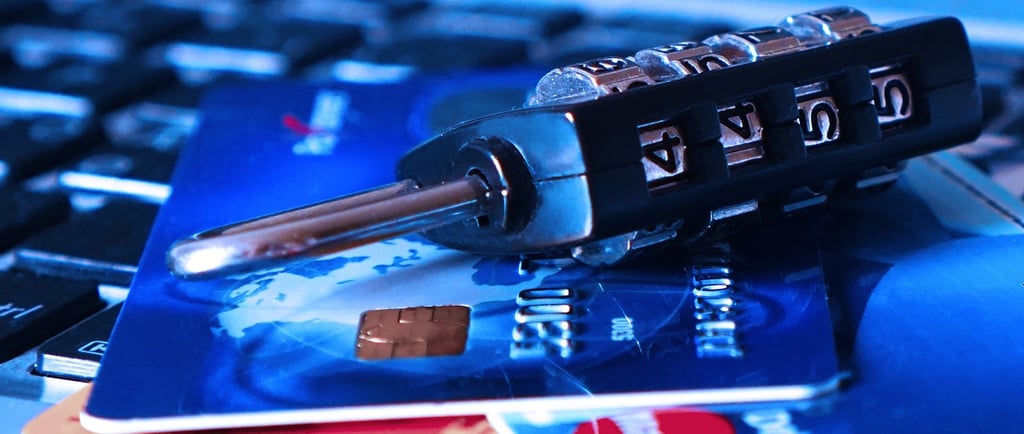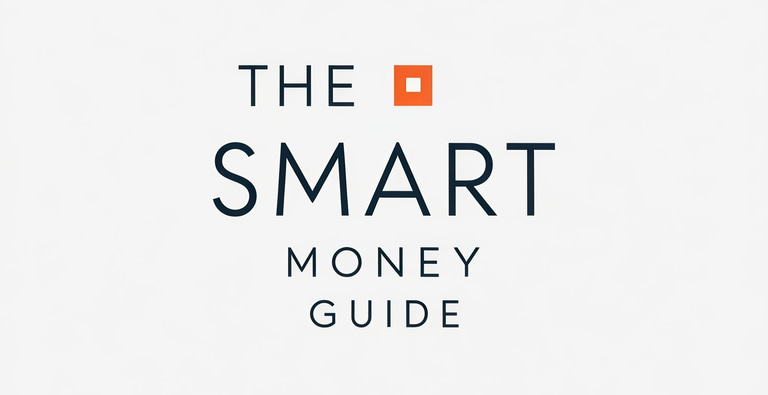How to Reduce Debt and Boost Your Credit Score
CREDIT CARDS
1/21/20252 min read


Here’s a concise, step-by-step plan to tackle your debt and strengthen your credit both now and in the future:
1. Create a Structured Budget
Track Income and Expenses: List all sources of income and then categorize your essential and discretionary expenses.
Set Targets: Allocate a specific amount toward debt repayment. Commit to these amounts in your monthly budget.
Use Budgeting Tools: Apps like Mint or YNAB (You Need A Budget) can help you automate tracking and maintain spending limits.
2. Consolidate Your Debts
Debt Consolidation Loan: Combining high-interest debts into a single loan with a lower interest rate can simplify your repayment schedule and potentially save you money.
Balance Transfer Credit Card: If you qualify, a 0% APR balance transfer card allows you to move high-interest credit card debt to a new card that charges no interest for a promotional period (often 12–18 months). Use the interest-free period to aggressively pay down the principal.
Compare Terms: Check fees (like a balance transfer fee) and confirm how long the promotional rate lasts before you commit.
3. Short-Term Credit Score Boost
Pay Bills on Time: Late payments can significantly drop your score. Set calendar reminders or auto-pay for all recurring bills—credit cards, utilities, and loans.
Monitor Credit Reports: Check your credit reports from the three bureaus (Equifax, Experian, TransUnion) for inaccuracies. Dispute any errors—removing an incorrect negative mark can quickly raise your score.
Keep Credit Utilization Low: Try to keep the balance on your credit cards below 30% of your total available credit. Paying down existing balances helps in the short run.
4. Long-Term Credit Building
Continue Using the 0% Balance Transfer Card Wisely:
Pay more than the minimum each month to tackle principal.
Avoid new debt on this card unless it is absolutely necessary.
Once the promo period ends, aim to keep the balance low or at zero.
Maintain Older Accounts: Even if you pay off certain cards, keep them open (unless they have high fees). The length of your credit history improves your score.
Establish an Emergency Fund: A small buffer (3–6 months’ worth of expenses) protects you from turning to high-interest credit in emergencies.
5. Review Progress Regularly
Monthly Check-Ins: Ensure you’re on track with your budget, payments, and overall debt reduction goals.
Annual Credit Check: Review your scores and reports each year (or more frequently if you prefer) to catch any potential issues early.
By budgeting carefully, consolidating debts, and making steady, on-time payments, you’ll not only reduce debt but also bolster your credit score in both the short and the long term.
Connect
Join our community for financial insights and helpful tips.
Newsletter
© 2024. All rights reserved.
Get the latest financial tips and insights.
